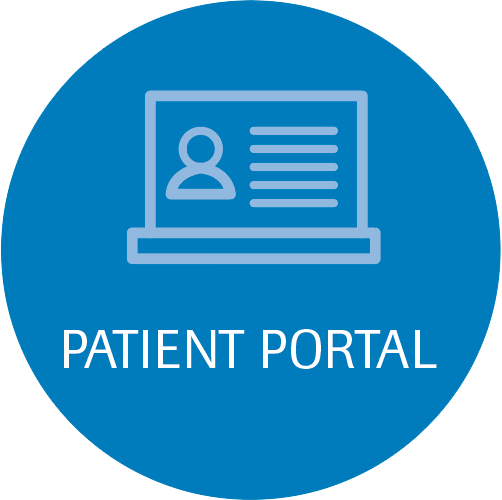What is an MRI of the Lower Extremity and what does it do?
An MRI of the Lower Extremity is useful in examining:
- Degenerative disorders such as arthritis
- Labral or meniscus tears
- Traumas involving ligaments and tendons
- Swelling or bleeding in the tissues in and around the joints
- Fractures
- Sports or work related injuries cause d by repeated strain, vibration or forceful impact
- Infections (such as osteomyelitis)
- Tumors (primary tumors and metastasis) involving bones and joints
Who performs the test?
The exam itself is performed by a Radiologic Technologist RT (R). These technologists are nationally registered with the A.R.R.T. (American Registry of Radiologic Technologists) and licensed through the state of Florida in the use of diagnostic equipment and procedures. Also, the technologist performing your MRI procedure has additional MRI specific training.
***If you are having an MRI Arthrogram, there will be an injection into the joint space of interest prior to your MRI. This is performed by the radiologist.
Where does it take place?
MRI scans are performed at Jackson Hospital in the radiology department.
How long does it take?
Average person takes 30 minutes to an hour
What you can do to make it a success?
Because the MRI machine is a very strong magnet, it is important to let your doctor know if you have any of the following:
- Pacemaker
- Defibrillator
- Aneurysm Clips
- Stents
- Any other metallic or electronic implant
- If you have a card that explains the type of implant/prosthesis that you have, please bring it with you on the day of your test.
- If you are pregnant, let your doctor know.
It is helpful to wear clothing with no metal or embellishments on them. Also, please do not wear jewelry or hair accessories of any kind as these will have to be removed before entering the MRI scan room.
You may be asked to change into a hospital gown for better imaging.
A locker for your clothing and belongings will be provided.
*** If you are having an MRI Arthrogram, please bring someone with you the day of your MRI exam to drive you home.
What to do before your exam?
There is no preparation for this MRI study. Eat normally and take your medications as prescribed.
What happens during your exam?
If your study was ordered as an MRI Arthrogram, you will have an injection of contrast (gadolinium) into the joint space prior to having your MRI. This procedure is done in the radiology department and is performed by the radiologist (see JOINT ARTHROGRAMS in SPECIAL PROCEDURES section). Your MRI will follow.
For the MRI:
You will lie down on the MRI table.
Depending on which body part is to be imaged; a device called a “coil” may be placed around the body part.
The MRI machine is quite loud so you will be given headphones to listen to the radio or a CD if you bring one. Or, if you prefer, earplugs can be provided instead.
You will then be positioned inside the MRI scanner. Once the scan starts, it is very important that you remain completely still as motion will cause the images to be blurry and non-diagnostic. Blurry images will have to be repeated which will lengthen your exam time.
If your test is ordered “with contrast”, you will have an IV started in which the technologist will inject the contrast through during that portion of the study.
What to do after your exam?
The Radiologist will review your exam and relay his findings to your physician. This usually takes 1-2 days. In the case of an emergency or life threatening results, you physician will be contacted right away and you will probably be asked to stay with us until he or she is spoken with.
Contact Information:
Hospital (main operator): (850) 526-2200
MRI Department: (850) 718-2589
Radiology Department: (850) 718-2580





